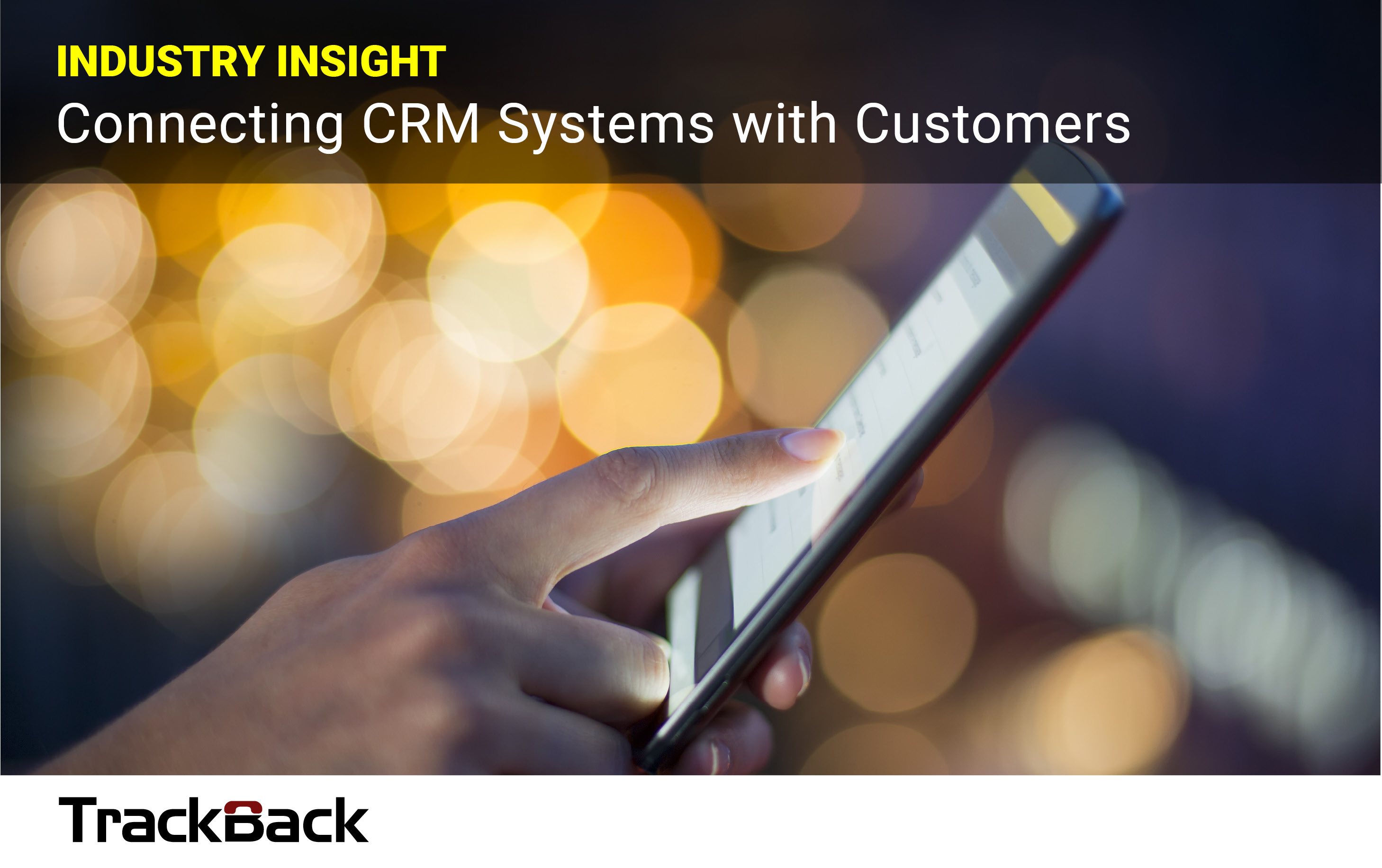Call Tracking
Connecting CRM Systems with Customers
CRM and other sales process management systems identify when prospects and customers need to be contacted. Sometimes contact is scheduled. Sometimes it needs to happen as quickly as possible, after a sales enquiry for example. Larger businesses typically use specially trained contact centres or automated systems to handle this as efficiently and as effectively as possible. In such cases it’s likely that the customer contact activity will be managed by the same system that schedules the contact. Actions like phone calls and emails will be processed using dedicated Computer Telephony Integration (CTI) equipment and systems. Outcomes will also be captured and stored in the same system, as will buckets of analysis and reporting.
But not every customer contact action can be managed by the CRM system. Smaller businesses, like car dealers for example, may not operate fully integrated telephone and CRM systems. They might even use more than one CRM system (their own and their vehicle manufacturer’s perhaps). Their emails might also need to be handled by something like Outlook and therefore remain unconnected to the system scheduling the contact. Consequently the CRM system issuing the contact instruction won’t automatically know whether contact has occurred or not. In addition, despite being technically superior to landlines, mobile phones have ironically complicated the situation. CRM apps are able to instruct inbuilt diallers (part of the phone’s operating system) to dial a number, but so far these can’t report to the app on whether the call actually connected or what the outcome may have been. And more and more customer contact staff want to use their mobile phones. They’re more convenient for making calls than taking numbers off a computer screen and the caller isn’t tied to a desk. Equally it might be more appropriate to send an email using a generic emailing system rather than form filling in a CRM system. Global brands also find it hard (or impossible) to mandate a consistent customer contact process with countries operating varying legal, technical, economic and cultural standards.
TrackBack has been solving these problems for years in the car industry. Instead of attempting to integrate the system used for scheduling the call or email with the system used for making or sending it, TrackBack simply routes the communication through their own systems worldwide irrespective of how the user makes the call or sends the email. In other words, users continue to use whatever equipment or systems they want to make calls and send emails. TrackBack uniquely achieves this by substituting phone numbers and email addresses into CRM systems that not only route to TrackBack but instruct it to complete the connection to the customer – instantly and transparently. Every communication is therefore logged, and recorded for analysis if required. Contact data and content (if optionally captured) is also automatically and quickly fed back to the CRM system… as if it had made the call or sent the email itself. CRM system providers can therefore offer their clients deeper customer experience insight with no technical pain, and customer contact staff carry on using whatever phones and emailing systems they prefer.
For further information
If you would like to find out more about TrackBack’s services, take a look at our website, call us on 0203 13 13 111 or email us at enquiries@trackback.net




